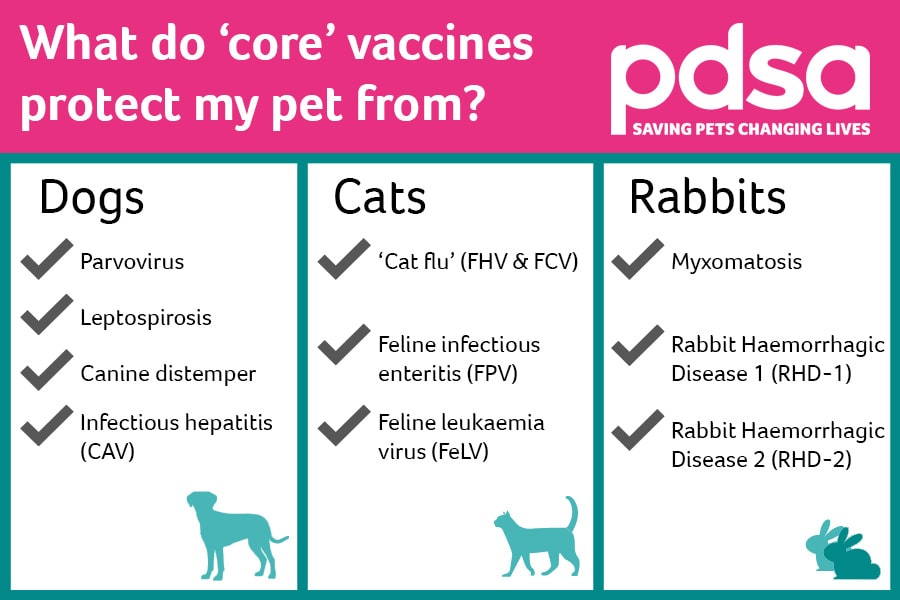As a responsible pet owner, ensuring your furry friend’s health is paramount. One crucial aspect of maintaining their well-being is keeping up with their vaccinations. With 2024 bringing new advancements and insights into pet health, understanding vaccinations is more important than ever. This guide covers everything you need to know about pet vaccinations, including the latest updates, essential vaccines, and how to make informed decisions for your pet.
1. Why Vaccinations Are Important
Vaccinations play a vital role in protecting pets from serious diseases and infections. They stimulate the immune system to recognize and fight off specific pathogens. By vaccinating your pet, you not only protect them but also contribute to the broader health of the pet community by preventing the spread of contagious diseases.
2. Core vs. Non-Core Vaccines
Pet vaccines are categorized into two main types: core and non-core.
- Core Vaccines: These are essential for all pets and are recommended based on the prevalence of diseases. For dogs, core vaccines include:
- Canine Parvovirus (CPV): A highly contagious virus causing severe gastrointestinal issues.
- Canine Distemper Virus (CDV): A virus that affects the respiratory, gastrointestinal, and nervous systems.
- Canine Hepatitis (CAV-2): A virus affecting the liver and kidneys.
- Rabies: A fatal virus affecting the nervous system and transmissible to humans.
For cats, core vaccines include:
- Feline Herpesvirus (FHV-1): Causes respiratory infections.
- Feline Calicivirus (FCV): Another cause of respiratory issues.
- Feline Panleukopenia (FPV): A severe virus causing gastrointestinal and immune system problems.
- Rabies: Essential for cats in areas where rabies is a risk.
- Non-Core Vaccines: These are recommended based on a pet’s lifestyle, geographic location, and specific risk factors. For dogs, non-core vaccines might include:
- Bordetella bronchiseptica: Causes kennel cough.
- Leptospira: A bacterial infection affecting the kidneys and liver.
For cats, non-core vaccines might include:
- Feline Leukemia Virus (FeLV): Important for cats that go outdoors or live with other infected cats.
- Feline Immunodeficiency Virus (FIV): For cats at risk of exposure.
3. Vaccination Schedules and Boosters
Vaccination schedules can vary based on your pet’s age, health, and lifestyle. Puppies and kittens usually receive a series of vaccinations starting at 6-8 weeks of age, with booster shots given at regular intervals until they reach around 16 weeks.
Adult pets also require regular booster shots to maintain immunity. Your veterinarian will provide a vaccination schedule tailored to your pet’s needs, considering their age, health status, and exposure risks.
4. What to Expect During a Vaccination Visit
When you take your pet to the vet for vaccinations, here’s what you can expect:
- Health Check: The vet will conduct a thorough health check to ensure your pet is in good condition to receive the vaccine.
- Vaccine Administration: Vaccines are typically administered via injection, though some vaccines can be given orally or intranasally.
- Post-Vaccination Monitoring: After vaccination, your pet may be observed for a short period to monitor for any immediate reactions.
5. Possible Side Effects
Most pets experience no significant side effects from vaccinations, but mild reactions can occur. Common side effects include:
- Soreness at the Injection Site: Mild discomfort or swelling.
- Mild Fever: A slight increase in body temperature.
- Decreased Appetite or Lethargy: Short-term changes in behavior.
Serious side effects are rare but can include allergic reactions. If your pet shows signs of severe distress, such as difficulty breathing or swelling around the face, contact your veterinarian immediately.
6. Staying Updated on Vaccination Protocols
Vaccination protocols can change as new research emerges and new vaccines become available. Stay informed by:
- Regular Vet Visits: Schedule annual check-ups to discuss your pet’s vaccination needs.
- Current Research: Keep abreast of the latest developments in pet health through reputable sources.
7. The Role of Pet Insurance
Pet insurance can help manage the cost of vaccinations and other veterinary care. Many policies cover routine vaccinations, so check with your insurance provider to understand your coverage and any potential benefits.
8. Making Informed Decisions
Choosing the right vaccines for your pet involves:
- Consulting Your Veterinarian: Discuss your pet’s specific needs and risks with your vet to determine the appropriate vaccines and schedule.
- Considering Lifestyle Factors: Outdoor vs. indoor pets, travel habits, and exposure to other animals can influence vaccination decisions.
- Monitoring Your Pet’s Health: Keep track of any changes in your pet’s health and discuss them with your vet.
Conclusion
Vaccinations are a cornerstone of preventative health care for pets, protecting them from serious diseases and contributing to overall pet community health. By staying informed and working closely with your veterinarian, you can ensure your pet receives the best care and protection available.
Remember, the health of your pet is in your hands, and keeping up with their vaccinations is one of the most effective ways to ensure their long, happy, and healthy life.




